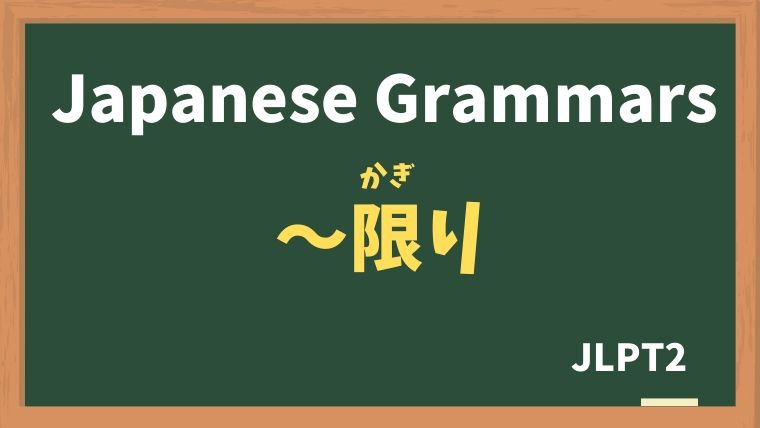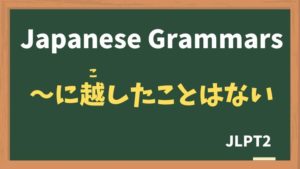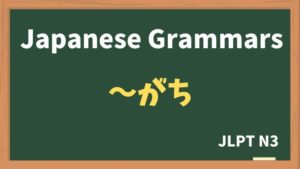
Explanation:〜限り
fa-check-circleMeaning
"〜の限界まで / できるところのギリギリまで"
Used to express the extent or limit of something, indicating "as far as" or "to the extent that" a particular condition or situation applies. It can also mean "as long as" when referring to the duration of a condition. It is often used to convey maximum effort or capacity, or to describe a limitation.
fa-check-circleForm
N + によると
fa-check-circlePoints
- Extent or Limit: "〜限り" expresses the maximum extent, limit, or capacity of something, either in terms of effort, ability, or situation.
- Condition or Duration: It can also mean "as long as" or "while" when referring to how long a certain condition or state lasts.
- Effort or Ability: It often appears in expressions where someone is doing something "to the best of their ability" or "as much as possible."
fa-check-circleJLPT Level
N2
Sample sentenes
できる限りの努力はしたので、試験に落ちても後悔はない。
I have no regrets if I fail the exam because I did my best as much as I could.
大学を卒業する前に、できる限り遊んでおいたほうがいいよ。社会人になると、遊ぶ時間なくなるから。
Before you graduate from university, you should have as much fun as possible. Once you become a working adult, you won't have time to play.
さぁ、試合が始まる。力の限り戦うぞ。
Alright, the match is about to begin. I'll fight with all my might.
日が暮れるまでに、行ける限りのところまで行きたい。
I want to go as far as possible before the sun sets.
Vocabulary
| Japanese |
English | |
| 後悔 | こうかい | regret |
| 日が暮れる | ひがくれる | to become dark / the sun sets |






